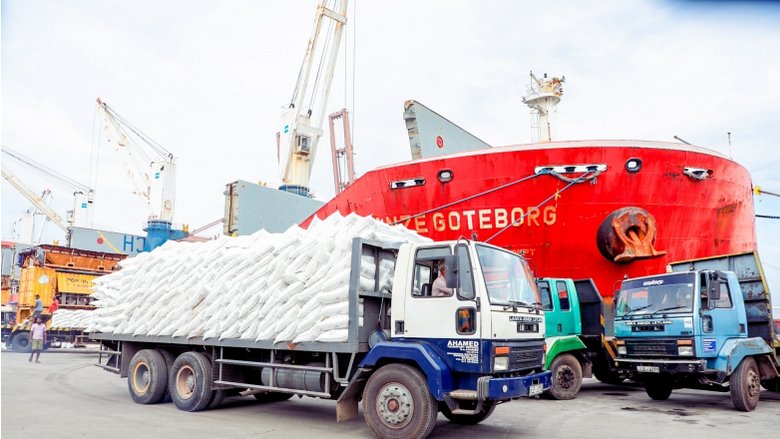Background
- Due to the war in Ukraine and other geopolitical factors, international fertilizer markets are extremely tight at the moment; supply can be difficult to find, and prices are highly volatile. It is a seller’s market and prices have been increasing recently.
- Urea supplies nitrogen (N) and is the most impactful of the three major fertilizer types. The other major types are triple super phosphate (TSP) which supplies phosphorus (P) and muriate of potash (MOP) which supplies potassium (K).
- The Asian Development Bank and United States Agency for International Development are supporting emergency imports of MOP and TSP, some of which may be available for the Maha season.
World Bank support
- The World Bank has made up to US$110 million of emergency finance available to support smallholder paddy farmers through importation of urea. The primary aim of our emergency support is protecting domestic food security and rural incomes.
- Sri Lanka ordinarily requires about 150,000 metric tons (MT) of urea for Maha paddy. Despite volatility in global fertilizer markets, US$110 million is adequate to meet the needs for paddy of this most important fertilizer type.
- The fertilizer will be distributed to smallholder farmers through Agrarian Service Centers (ASCs).
- Smallholder farmers cultivating up to 2ha of paddy will be eligible to buy a fixed number of bags based on the area of land they have prepared for paddy.
- Farmers will pay Rs 10,000 per 50kg bag. This is the same price established under a previous emergency line of credit from the Government of India that supplied urea during the Yala season.
- The maximum amount of fertilizer each farmer can buy is determined by recommendations of the Department of Agrarian Development (DAD) with variations by agroecological zone.
Current status of WB-financed urea
- The World Bank’s financing of US$110 million will be used for procuring about 133,500 MT of urea.
- The procurement process under two separate tenders was carried out by the Ministry of Agriculture (MoA) through an international competitive bidding process. The procurement procedures are governed by the World Bank’s applicable Procurement Regulations. The World Bank reviewed the bidding documents before they were put out for tender and reviewed MoA’s bid evaluation reports and contract recommendations.
- Despite the challenging market conditions, to date MoA has successfully signed three contracts for supply of 12,500 MT, 50,000 MT and 45,000 MT of urea, respectively, and the remaining contract for 25,000 MT is at an advanced stage of finalization.
- A first consignment of 13,000 MT and a second consignment of 22,000 MT of bulk urea arrived in Colombo on or about October 25 and November 25, respectively for bagging and onward distribution to ASCs.
- A further 73,000 MT is expected in December.
- With the World Bank’s support, MoA has developed a Geo-Enabled Monitoring System (GEMS) for tracking the distribution of fertilizer from the port to ASCs and from ASCs to farmers. The GEMS system is also being used to monitor environmental and social risk management, grievance redress, and impact.
Last Updated: Dec 01, 2022
